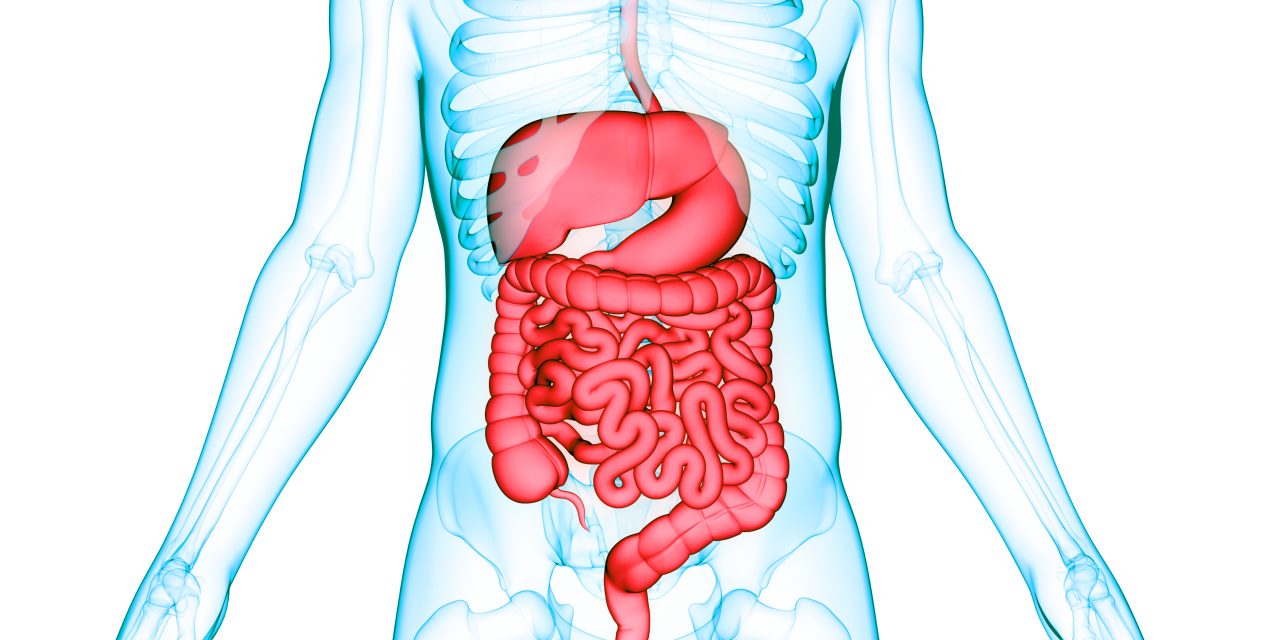Cystic fibrosis (CF) is characterized by chronic airway infection, inflammation, and tissue damage that lead to progressive respiratory failure. NLRP3 and NLRC4 are cytoplasmic pattern recognition receptors that activate the inflammasome, initiating a caspase-1 mediated response. We hypothesized that gain of function inflammasome responses are associated with worse outcomes in children with CF. We genotyped nonsynonymous variants in NLRP3 and the NLRC4 pathway from individuals in the Early Pseudomonas Infection Control (EPIC) Observational Study cohort and tested for association with CF outcomes. We generated knockouts of NLRP3 and NLRC4 in human macrophage-like cells and rescued knockouts with wild-type or variant forms of NLRP3 and NLRC4. We identified a SNP in NLRP3, p.(Q705K), that was associated with a higher rate of Pseudomonas aeruginosa colonization (N=609, p=0.01, HR=2.3, Cox model) and worsened lung function over time as measured by forced expiratory volume in 1 second (FEV1) (N=445, p=0.001, generalized estimating equation). We identified a SNP in NLRC4, p.(A929S), that was associated with a lower rate of P. aeruginosa colonization as part of a composite of rare variants (N=405, p=0.045, HR=0.68, Cox model) and that was individually associated with protection from lung function decline (p<0.001, generalized estimating equation). Rescue of the NLRP3 knockout with the p.(Q705K) variant produced significantly more IL-1β in response to NLRP3 stimulation than rescue with the wild-type (p=0.020, Student's t-test). We identified a subset of children with CF at higher risk of early lung disease progression. Knowledge of these genetic modifiers could guide therapies targeting inflammasome pathways.
Inflammasome Genetic Variants, Macrophage Function, and Clinical Outcomes in Cystic Fibrosis.


